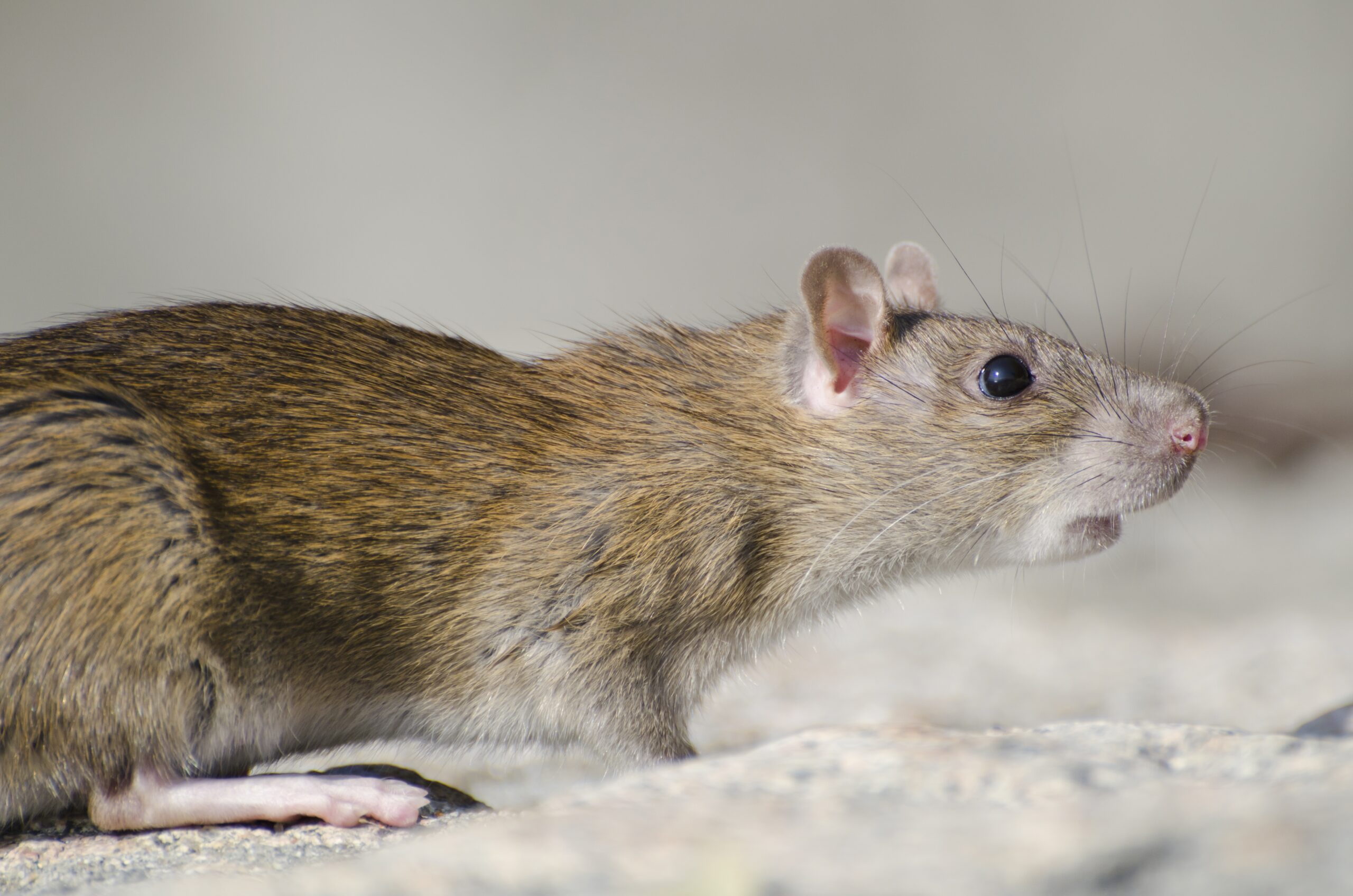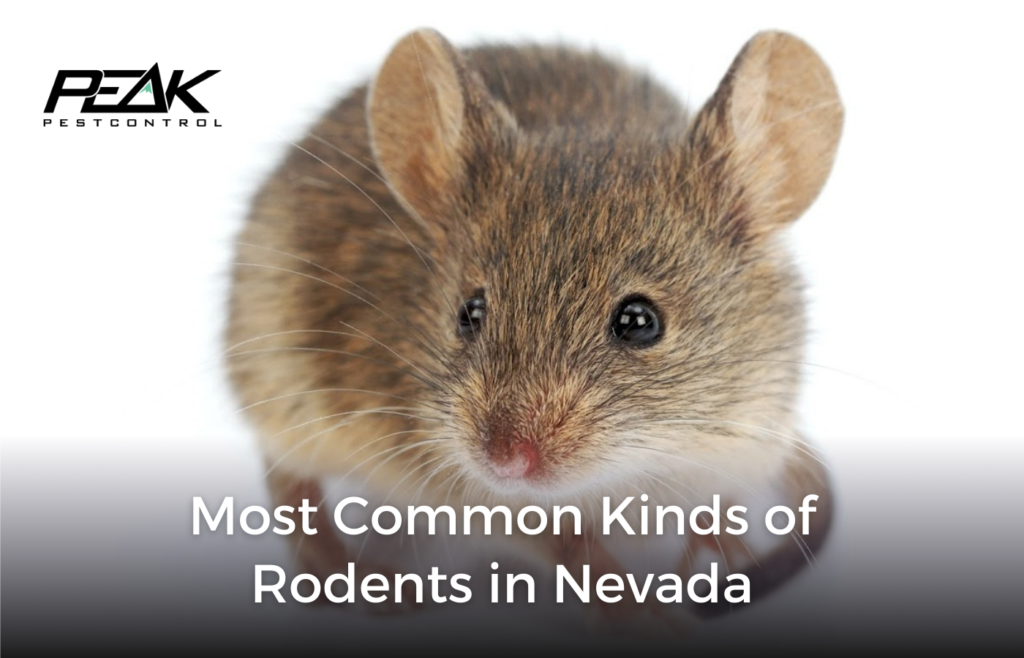Rodents are a common sight in Nevada, given its diverse climate and habitats. Whether you live in the city or rural areas, you might encounter some of these pests. Knowing what types of rodents are running around Nevada can really step up your game in rodent control. In this article, we’ll look at frequent rodent visitors—their lifestyles and how best to manage their presence.

Types of Rodents in Nevada
House Mice (Mus musculus)
House mice are one of the most widespread rodents in Nevada. These small rodents are known for their adaptability to various environments, making them common in both urban and rural settings. House mice usually have gray or brown fur and are active year-round.
Habits and Habitat
House mice prefer to live indoors, especially in human dwellings where food and shelter are readily available. They are nocturnal, which means they are most active during the night. House mice are known for their rapid breeding, which can lead to large infestations if not controlled.
Rodent Control Tips
To manage house mice, seal any gaps or holes in your home’s exterior. Use traps and baits strategically placed in areas where you’ve seen mouse activity. Regular cleaning and proper storage of food can also prevent infestations.
Norway Rats (Rattus norvegicus)
Norway rats are larger than house mice and are also common in Nevada. They have brown or gray fur and a heavier body. These rats are often found in sewers, basements, and other low-lying areas.
Habits and Habitat
Norway rats prefer to burrow and are often found in underground environments. They are excellent swimmers and can enter homes through sewer lines. Like house mice, they are nocturnal and have high reproductive rates.
Rodent Control Tips
Effective rodent control for Norway rats involves sealing entry points and using snap traps. Keep your home clean and free of food debris to avoid attracting these pests. Regular inspections of your property can help identify early signs of infestation.
Roof Rats (Rattus rattus)
Roof rats, also known as black rats, are smaller and more agile than Norway rats. They have sleek bodies, long tails, and dark fur. These rodents are often found in higher places like attics and trees.
Habits and Habitat
Roof rats are climbers and are often found nesting in upper parts of buildings and trees. They are nocturnal and tend to avoid new objects in their environment, which can make trapping challenging.
Rodent Control Tips
Control roof rats by trimming tree branches away from your home and sealing openings that provide access to roofs and attics. Use traps designed for rats and place them along the paths roof rats are likely to travel.
Desert Woodrats (Neotoma lepida)
Desert woodrats, also known as pack rats, are common in the arid regions of Nevada. These rodents have bushy tails and are known for collecting various objects to build their nests.
Habits and Habitat
Desert woodrats build their nests in rocky areas, desert washes, and sometimes in human structures. They are primarily nocturnal and are known for their hoarding behavior.
Rodent Control Tips
To control desert woodrats, remove potential nesting materials from around your property. Seal entry points and use traps near areas where you’ve observed activity. Regular maintenance of your yard can help reduce suitable habitats for these rodents.
Keeping Your Nevada Home Safe and Healthy: A Guide to Effective Rodent Control
Rodent control is essential for maintaining a healthy and safe living environment in Nevada. House mice, Norway rats, roof rats, and desert woodrats are the most common rodents you might encounter. By understanding their habits and habitats, you can take effective measures to pest control and prevent infestations. Regular inspections, sealing entry points, and proper sanitation are key steps in rodent control. Stay vigilant and proactive to keep your home rodent-free.
For personalized assistance in keeping your Nevada home rodent-free, contact Peak Pest Control today. Our team specializes in delivering expert rodent solutions, ensuring your home remains a safe and healthy environment for your family. Don’t let rodents take over your home—call Peak Pest Control for a consultation and take the first step towards a pest-free living space.


